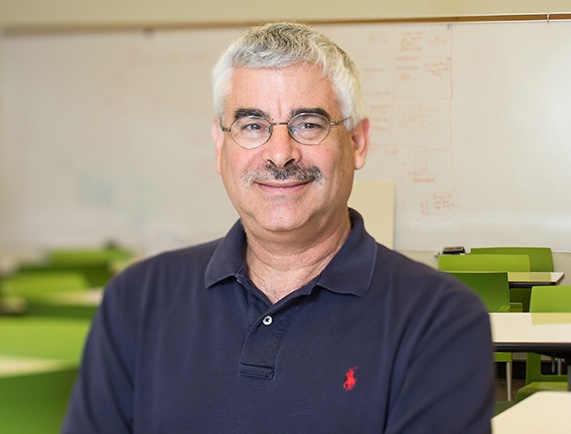The University of Washington has received $50 million from the National Science Foundation to lead a national consortium of research institutions in creating the Safeguarding the Entire Community of the U.S. Research Ecosystem (SECURE) Center. The goal of this effort is to establish a national infrastructure and collaborative partnership of academic institutions, nonprofits, and businesses to safeguard the U.S. research investment. This initiative was mandated by the CHIPS and Science Act of 2022 in response to concerns about foreign entities attempting to access and use U.S. research unethically or unlawfully.
The NSF funding for the SECURE Center is a five-year investment, with $17 million also being provided to Texas A&M University to launch a companion SECURE Analytics program. The University of Washington’s SECURE Center will be led by Mark Haselkorn, a professor in the Department of Human Centered Design & Engineering. This funding will allow the university to identify threats, make risk-informed decisions, and collaborate with other universities across the U.S. to safeguard domestic research. U.S. Senator Patty Murray remarked on the importance of this federal funding in protecting research integrity.
In addition to the national SECURE Center at the University of Washington, there are five regional centers involved in the development, adoption, and use of a SECURE Shared Virtual Environment. These regional centers include SECURE Northeast led by Northeastern University, SECURE Southeast led by Emory University, SECURE Midwest led by the University of Missouri, SECURE Southwest led by the University of Texas San Antonio and Texas A&M University, and SECURE West led by the University of Washington. This collaborative effort aims to enhance research security and integrity nationwide.
The NSF’s focus on research security is a response to the growing concerns about the unauthorized access and use of U.S. research by foreign entities. By establishing the SECURE Center and its regional counterparts, the NSF is taking proactive steps to protect the U.S. research investment and ensure that research integrity is maintained. The partnership between academic institutions, nonprofits, and businesses demonstrates a collective effort to address these challenges and develop solutions to safeguard domestic research.
The SECURE Center at the University of Washington is part of a larger initiative to enhance research security and integrity across the country. By working collaboratively with other universities and institutions, the SECURE Center aims to identify threats, assess risks, and implement strategies to protect research assets. The funding provided by the NSF will enable the SECURE Center to establish critical resources and capabilities to address these challenges effectively and ensure the security of the U.S. research ecosystem.
Overall, the establishment of the SECURE Center and its regional counterparts represents a significant investment in research security and integrity. By creating a national infrastructure and collaborative partnership, the NSF and its partner institutions are taking proactive steps to address the threats posed to U.S. research by foreign entities. Through the efforts of the SECURE Center and its regional partners, the U.S. research ecosystem will be better equipped to safeguard research assets, protect intellectual property, and maintain research integrity for years to come.


